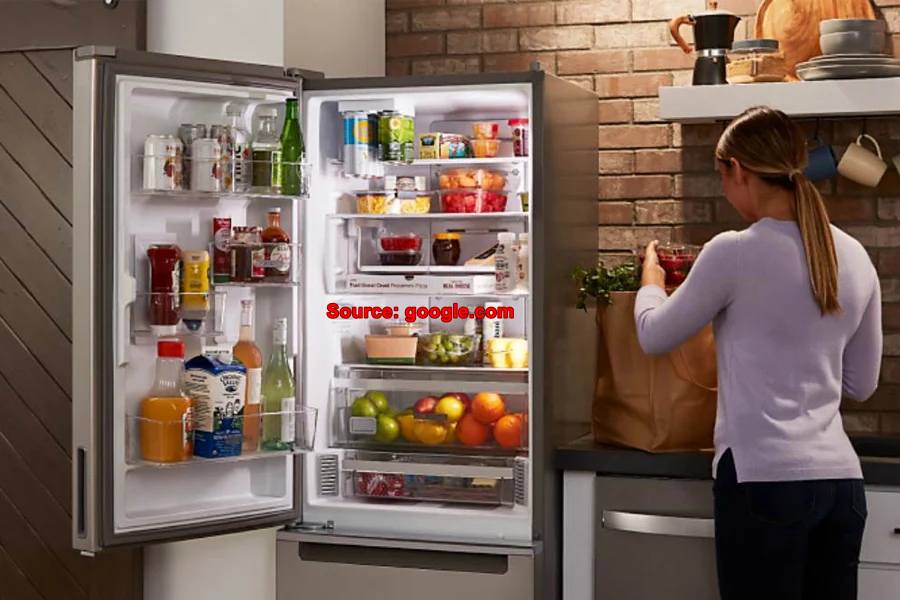Refrigerator Electricity Bills : As temperatures soar during the scorching summer months, our trusty refrigerators often find themselves working overtime to keep our food and drinks cool. However, this increased workload can lead to higher electricity bills, especially if your refrigerator is running continuously in extreme heat. But fear not! By following a few simple rules, you can mitigate energy consumption and keep your bills in check without compromising the cooling efficiency of your fridge. “Beat the Heat: 5 Rules to reduce fridge electricity bills in Extreme Weather”
যেভাবে ডিভি লটারি অনলাইনে আবেদন করবেন।

1. Optimize Temperature Settings:
Start by ensuring that your refrigerator and freezer are set to the optimal temperature. The ideal temperature for the fridge is between 37°F to 40°F (3°C to 4°C), while the freezer should be kept at 0°F (-18°C). Setting the temperatures lower than necessary can cause the compressor to work harder, consuming more energy.
2. Refrigerator Electricity Bills” Check Door Seals:
Inspect the door seals of your refrigerator regularly to ensure they are tight and free from any gaps or cracks. A loose or damaged seal allows cold air to escape, prompting the refrigerator to work harder to maintain the desired temperature. Replace any worn-out seals to prevent energy wastage.
3. Avoid Overloading:
While it’s tempting to stock up on groceries during hot weather, overloading your refrigerator can hinder airflow and make it harder for the appliance to cool efficiently. Arrange items neatly to allow proper circulation of air inside the fridge. Additionally, avoid placing hot or warm food directly into the refrigerator, as it can raise the internal temperature and force the compressor to run longer.
আমেরিকান ডিভি লটারিতে যেভাবে রেজিষ্ট্রেশন করবেন
4. Regular Defrosting:
If you own a manual-defrost refrigerator, ensure that you defrost it regularly to prevent ice buildup in the freezer compartment. Excessive ice can insulate the cooling coils, reducing their efficiency and causing the refrigerator to consume more energy. Follow the manufacturer’s guidelines for defrosting frequency and methods to maintain optimal performance.
5. Keep It Clean:
Dust and debris can accumulate on the condenser coils located at the back or bottom of the refrigerator, hindering heat dissipation and forcing the compressor to work harder. Periodically vacuum or brush off the coils to remove any buildup and ensure efficient heat exchange. Additionally, clean the interior of the refrigerator and freezer compartments regularly to remove spills and food residues that can interfere with airflow.
Conclusion:
In extreme heat, when your refrigerator seems to be running non-stop, implementing these simple rules can go a long way in reducing your electricity bills while maintaining the efficiency of your appliance. By optimizing temperature settings, checking door seals, avoiding overloading, regular defrosting, and keeping the refrigerator clean, you can ensure that your fridge operates smoothly and economically even in the hottest of summers. So, beat the heat without breaking the bank by following these energy-saving tips!